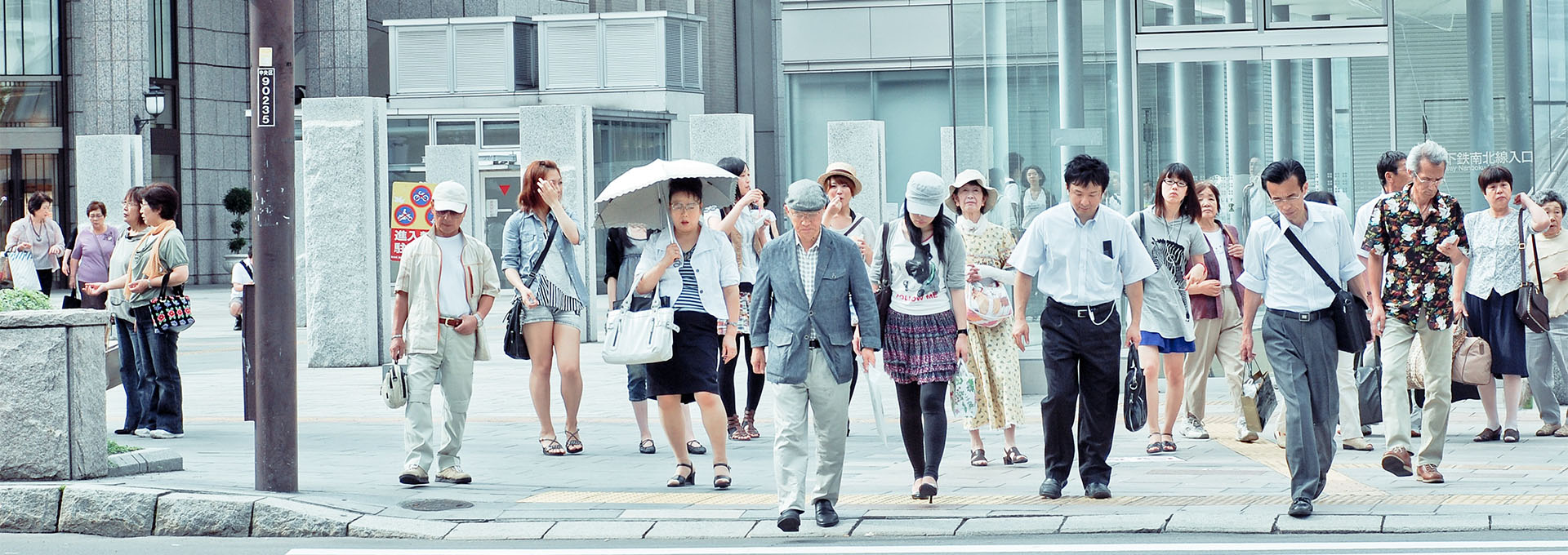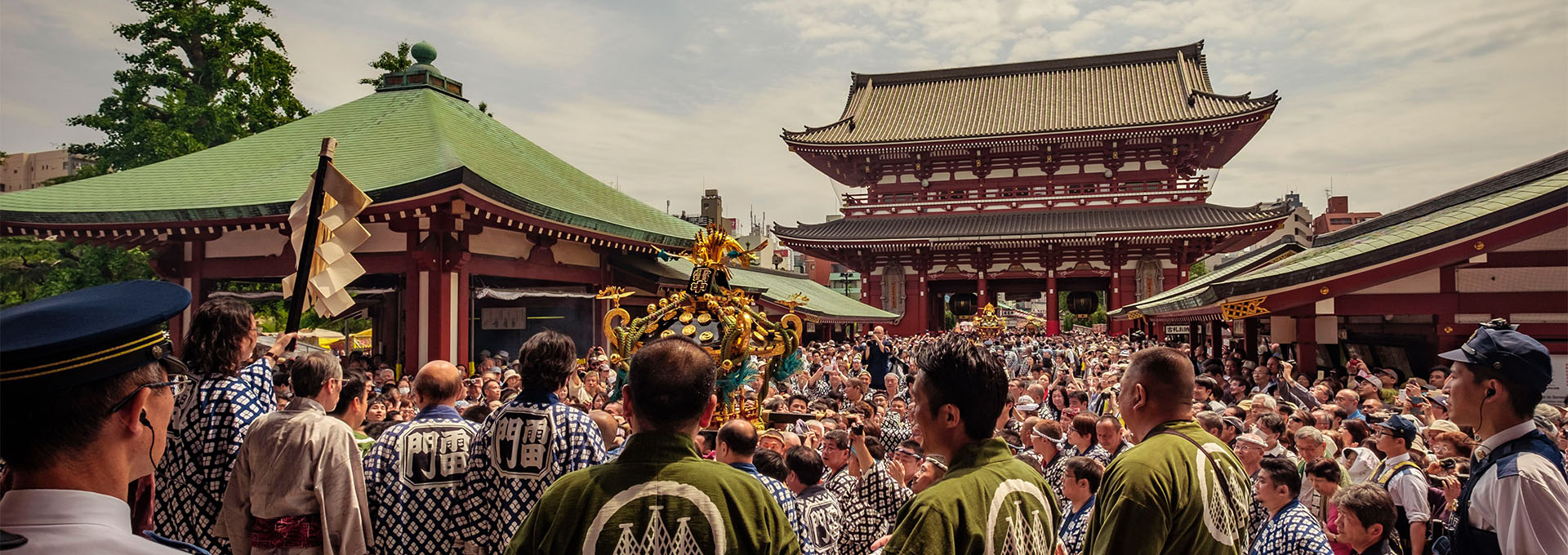Japanese society is characterized by formal social relations and respect for hierarchy. Gender roles are still quite traditional, with women often busy with domestic chores and men busy with professional tasks. However, this tends to change with the increasing participation of women in the labor force and changing social norms.
The most common occupations in Japan include service professions, technological and manufacturing industries and high-growth sectors, but it should not be forgotten that Japan is also famous for its traditional and local crafts such as pottery, silk, lacquer, enamels, ceramics, textiles, paper, toys, etc. These trades are often transmitted from generation to generation and have great cultural significance for the country. Local craftsmen are often highly valued for their craftsmanship and ability to perpetuate Japanese cultural traditions.
Family life is very important in Japan, and it is common for adults to live with their parents until they get married. Children are raised in a culture of respect and discipline, and it is common to enroll them in extracurricular activities such as martial arts or music lessons to bolster their personal development.
Japan is also known for its respect for tradition and culture, which is still present in everyday life. It is common to celebrate traditional holidays like New Year and Spring Festival, as well as to participate in ceremonies like traditional tea or Japanese wedding ceremony.
In sum, Japanese society is marked by formal social relations, traditional gender roles, an important family life and a strong presence of tradition and culture in daily life. The professions are varied and can be linked to traditional business sectors or to rapidly growing sectors of the future. Japan is an innovative country, and there are many professional opportunities there.



